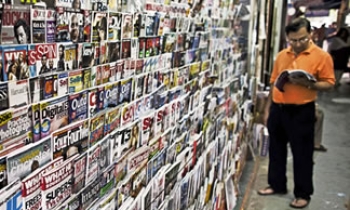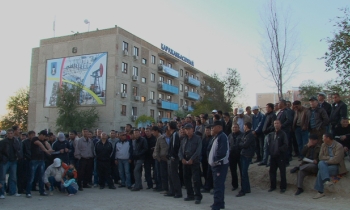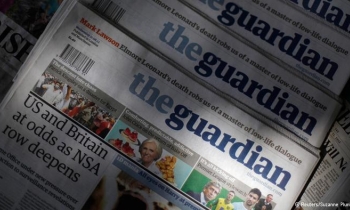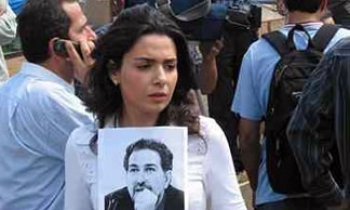COPENHAGEN, Denmark - Muslim preachers and scholars on Friday called for reconciliation between the West and the Islamic world following the prophet cartoon uproar but told a conference on religious dialogue the Danish government had mishandled the crisis.
"We feel there are forces of extremism which are aiming to light fires and transform Denmark from a peaceful country to a country which will suffer from conflicts," said Amr Khaled, a popular Egyptian preacher.
Khaled suggested a boycott against Danish goods in Arab countries would stop if Danish people and its government reached out to them for example by initiatives to promote small businesses or health care.
Other Muslim panelists at the conference in Copenhagen struck a harsher note, saying Western countries had underestimated how insulted Muslims were by the 12 cartoons of the Prophet Muhammad published by Danish newspaper Jyllands-Posten and reprinted by other Western media.
"We request an official apology from your government to the Muslim nation and to the Muslims in Denmark," said Tariq al-Suweidan, an Islamic scholar from Kuwait. He also demanded that the European Union enact a law "that forbids the insult to religious figures."
No apologies
Facing huge Muslims protests and in some cases fiery attacks on Danish embassies, the center-right government in Copenhagen has refused to apologize, saying it cannot be held responsible for the actions of an independent newspaper.
Critics say Prime Minister Anders Fogh Rasmussen exacerbated the crisis by declining to meet with Muslim ambassadors who protested the drawings, one of which showed Muhammad wearing a turban shaped as a bomb.
Sunni Muslim tradition bans any image of the prophet, since depicting him risks insulting him or encouraging idolatry.
Jyllands-Posten has apologized for offending Muslims, but stands by its decision to print the drawings, citing the freedom of speech.
"Freedom of speech shouldn’t be absolute," said Habib al-Jaffry, an Islamic scholar from Yemen, noting that many European countries don’t allow anti-Semitic speech. "We must come to an understanding of rules governing freedom of expression."
The panelists were criticized for coming to Denmark by some Muslim leaders who said there should be no dialogue before the Nordic country’s government apologizes for the cartoons.
But Khaled, a 38-year-old preacher who has become wildly popular among young Muslims and women for his youthful style and his sermons applying Islam to day-to-day modern life, said it was time for moderate forces on both sides to come together and improve their mutual understanding.
"We have come to say that Islam is a giving religion, and Denmark can benefit from this religion," he said.









